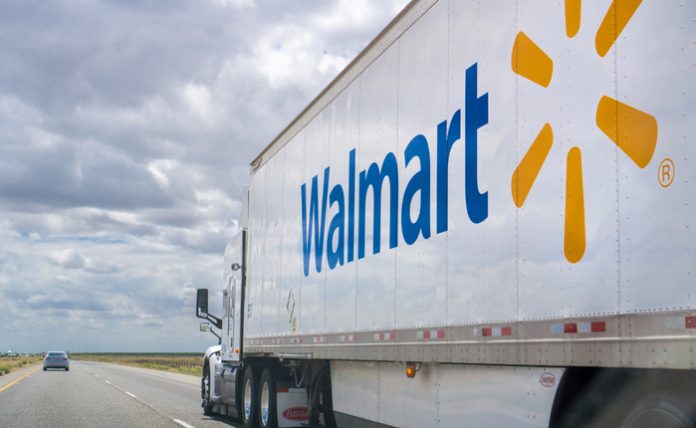While the opioid issue seems to have taken a back seat in most investors’ minds considering everything that’s happened with the current pandemic, companies that were involved in this area aren’t out of the woods yet. Walmart (NYSE: WMT) surprised many investors on Thursday after the company announced it would be pressing its own lawsuit against the Justice Department in a pre-emptive move against a supposedly impending opioid-related lawsuit.
Walmart, sensing that it might be next on the chopping block in terms of major opioid-related lawsuits, is now filing its own lawsuit against the Justice Department in order to absolve from the entire opioid crisis situation. Many companies, from pharmaceutical manufacturers to distributors, have faced major, multi-billion-dollar lawsuits for their role in selling opioids to Americans.
The retail giant is hoping that it can receive a declaration from a federal judge that it should be absolved from any potential fines altogether. It’s a pretty aggressive move and one that isn’t guaranteed to work. The main argument for Walmart’s lawyers is that it’s the fraudulent doctors that filed these prescriptions that should be charged instead of Walmart’s many pharmacists that work in its stores.
“In the shadow of their own profound failures, DOJ and DEA now seek to retroactively impose on pharmacists and pharmacies unworkable requirements that are not found in any law and go beyond what pharmacists are trained and licensed to perform,” said Walmart in the lawsuit, which was filed in federal court in the Eastern District of Texas. “Defendants want to blame Walmart for continuing to fill purportedly bad prescriptions written by doctors that DEA and state regulators enabled to write those prescriptions in the first place and continue to stand by today.”
Out of all the major opioid distributors on the market, Walmart happens to have been one of the smaller ones. Between 2006 and 2014, Walmart accounted for less than 10% of the total opioid distribution market. In comparison, McKesson accounted for close to 20%, while Cardinal Health and Walgreens both were responsible for 30% of the total market combined. Despite this, its uncertain whether Walmart’s smaller market share will aid in its case to absolve itself of any major opioid fines.
Shares of Walmart haven’t moved much in response to the news. Overall, the company has done exceptionally well for itself in 2020, with its e-commerce sales soaring during the pandemic lockdowns. Walmart also announced its own grocery delivery service, based on a monthly subscription model that would compete with Amazon Prime.
Walmart Company Profile
America’s largest retailer by sales, Walmart operates over 11,300 stores under 58 banners, selling a variety of general merchandise and grocery items. It’s home market accounted for 76% of sales in fiscal 2019, with Mexico and Central America (6%), the United Kingdom (6%), and Canada (4%) its largest external markets. In the United States, around 56% of sales come from grocery, 33% from general merchandise, and 11% from health and wellness items. The company operates several e-commerce properties apart from its eponymous site, including Flipkart, Jet.com, and shoes.com (it also owns a roughly 10% stake in Chinese online retailer JD.com). Combined, e-commerce accounted for about 5% of fiscal 2019 sales. – Warrior Trading News










